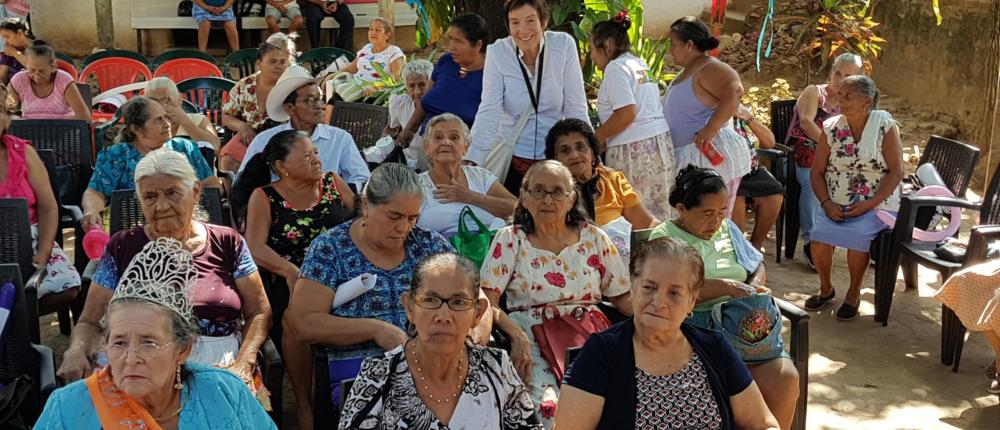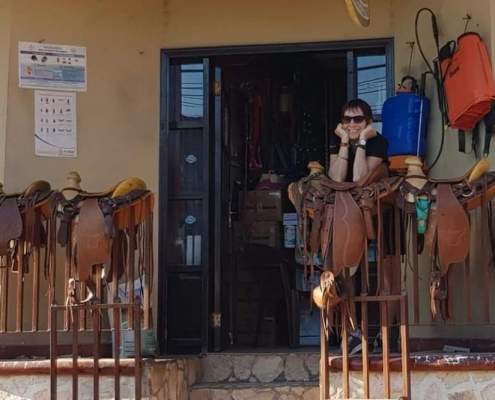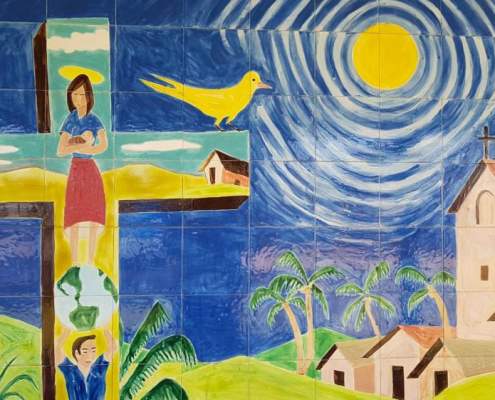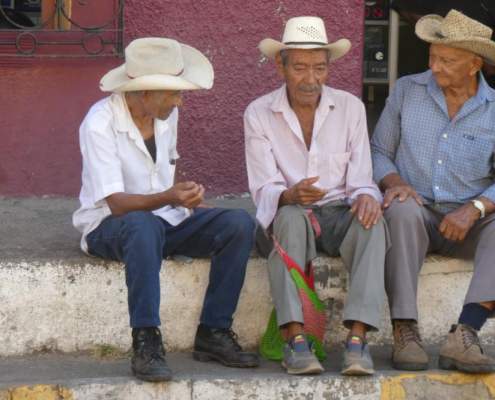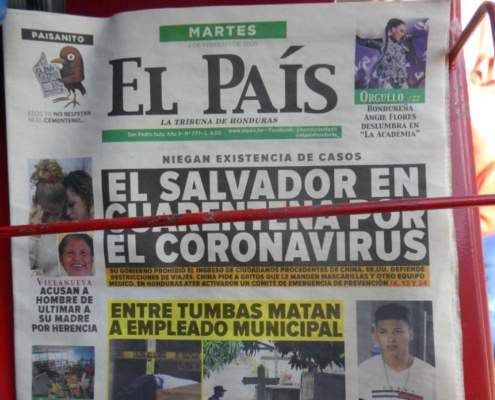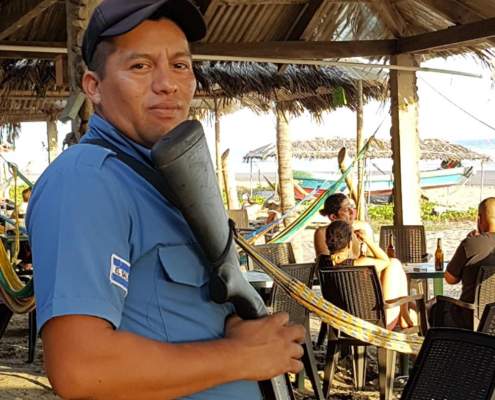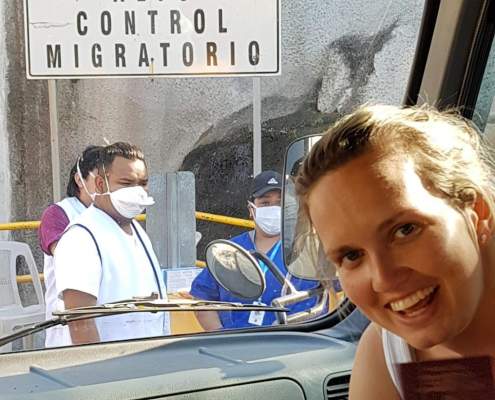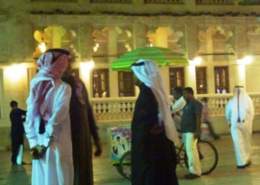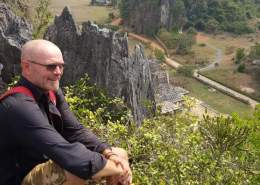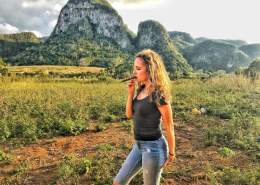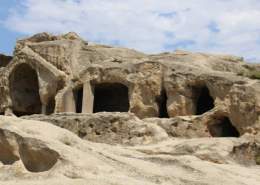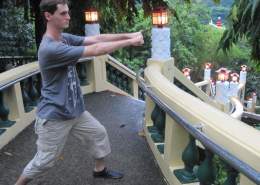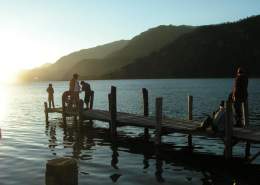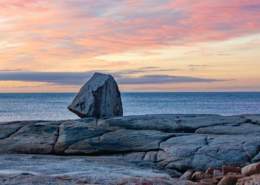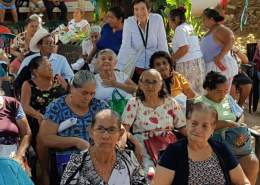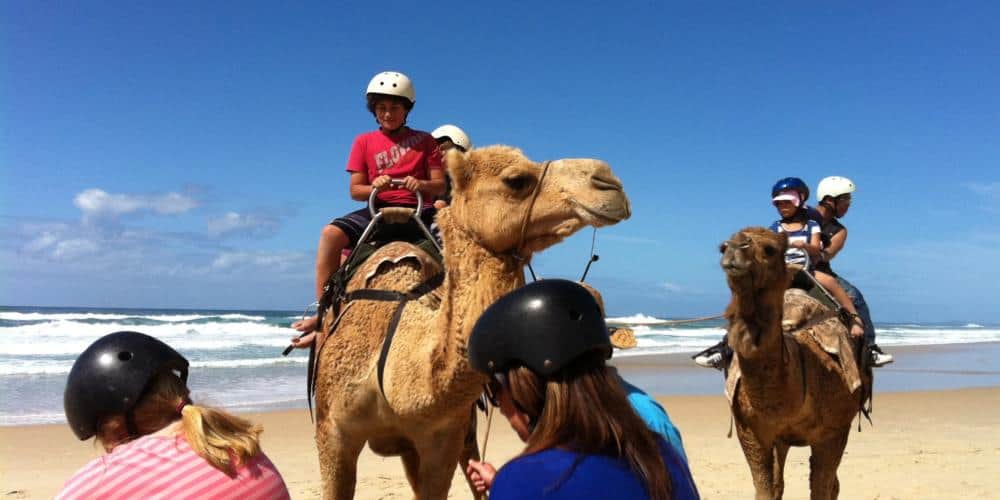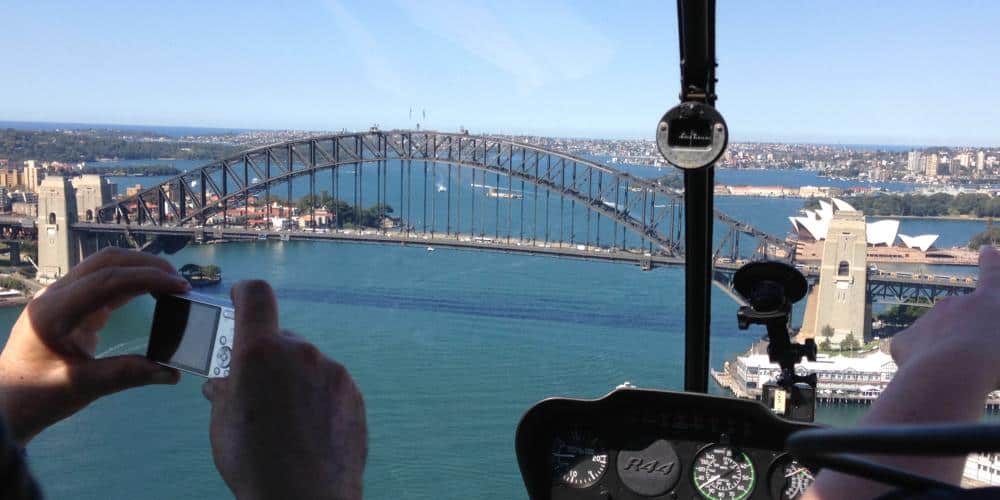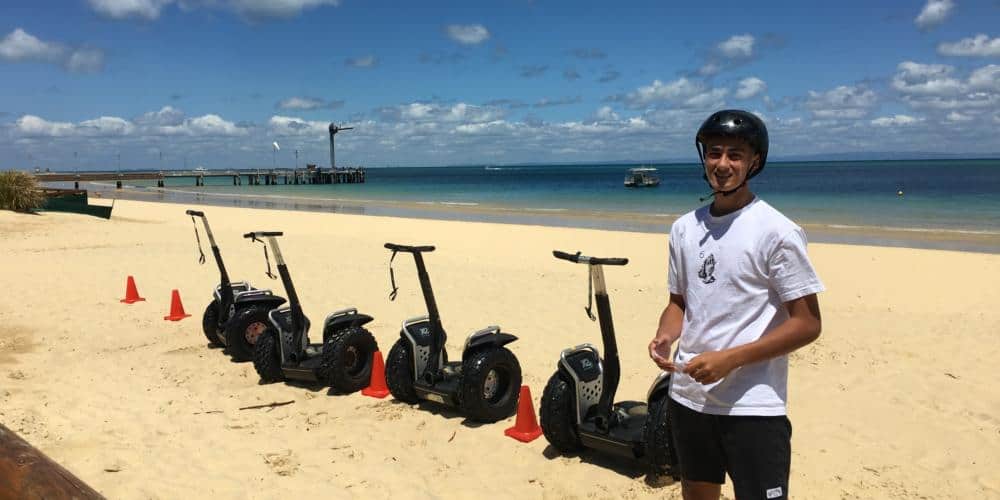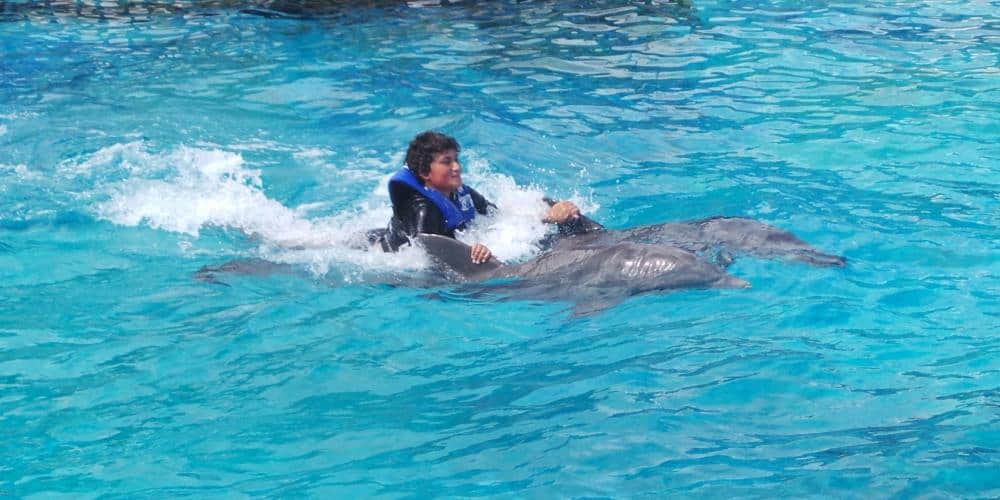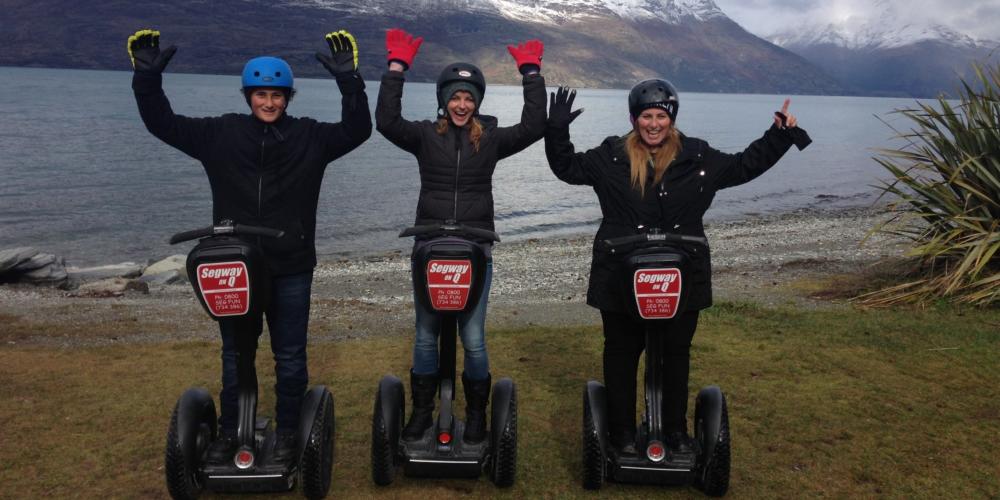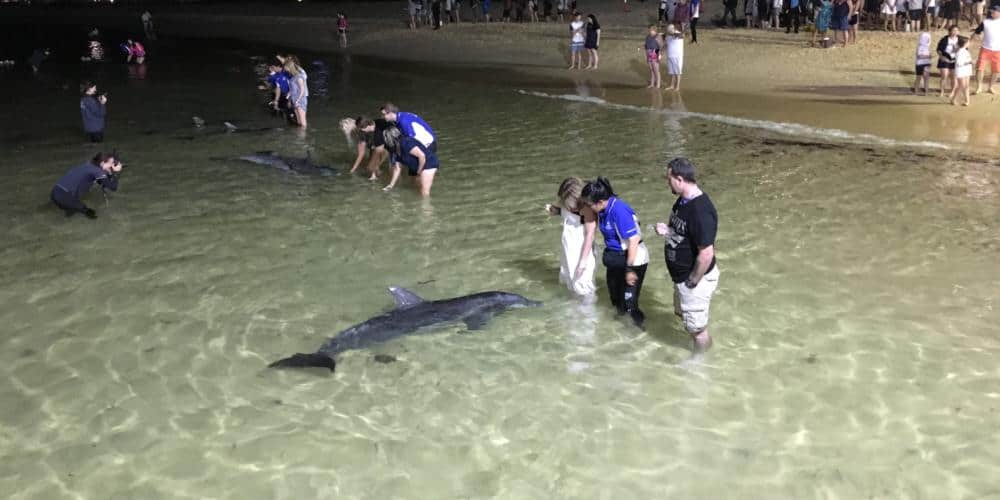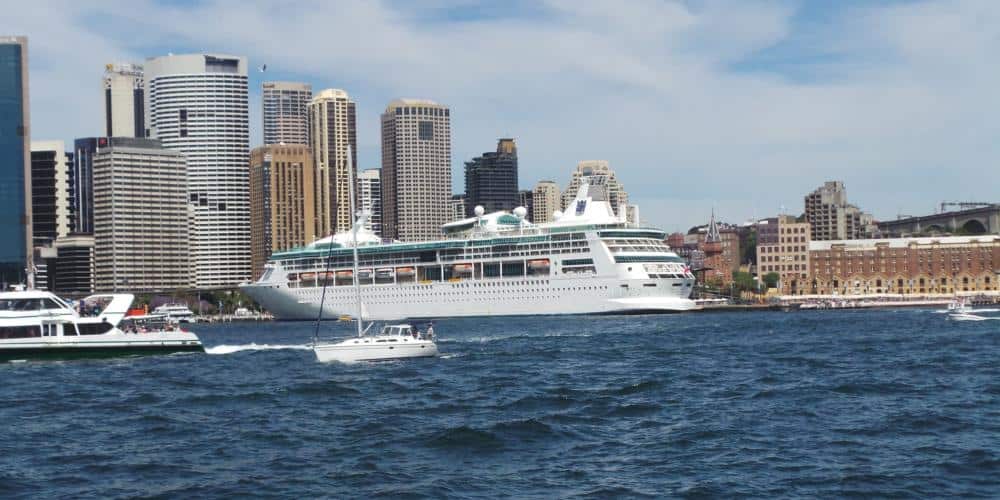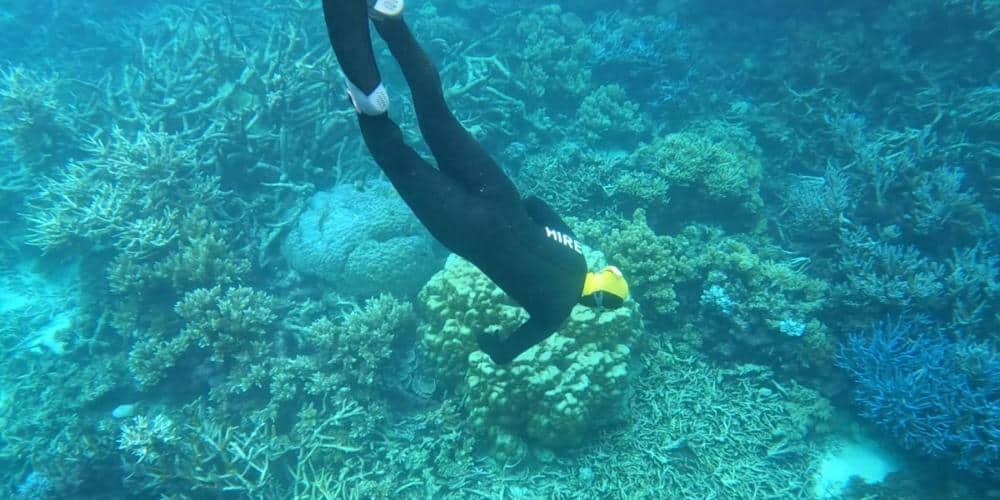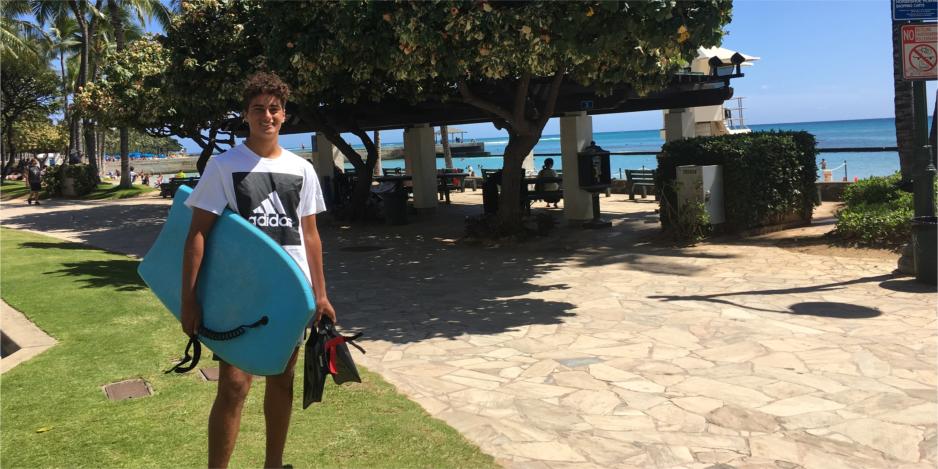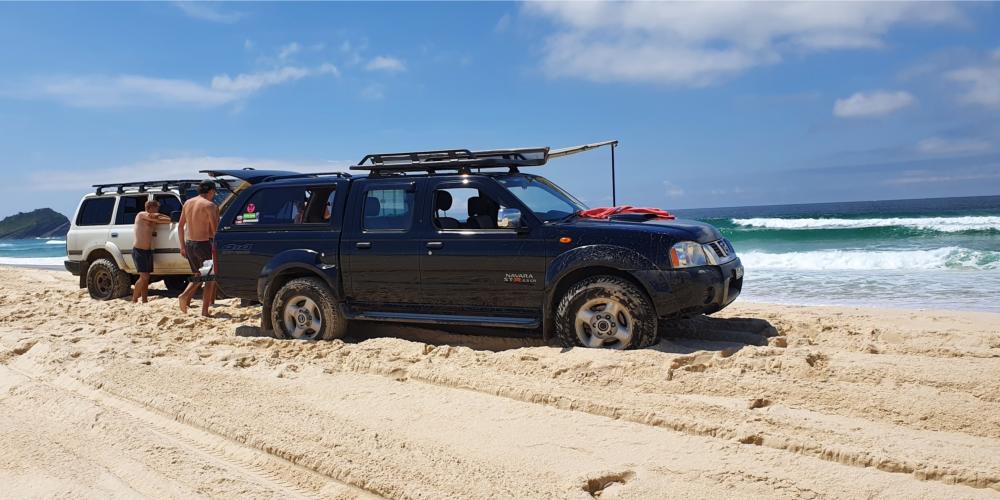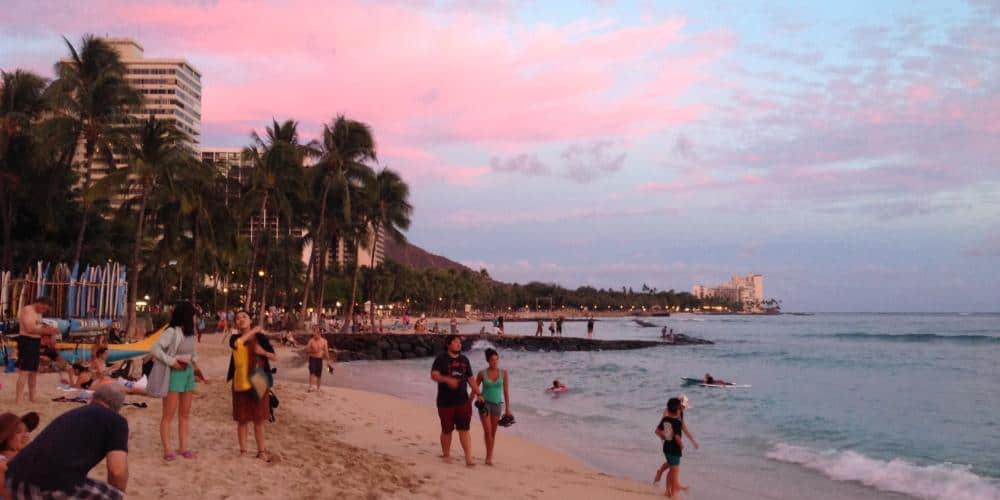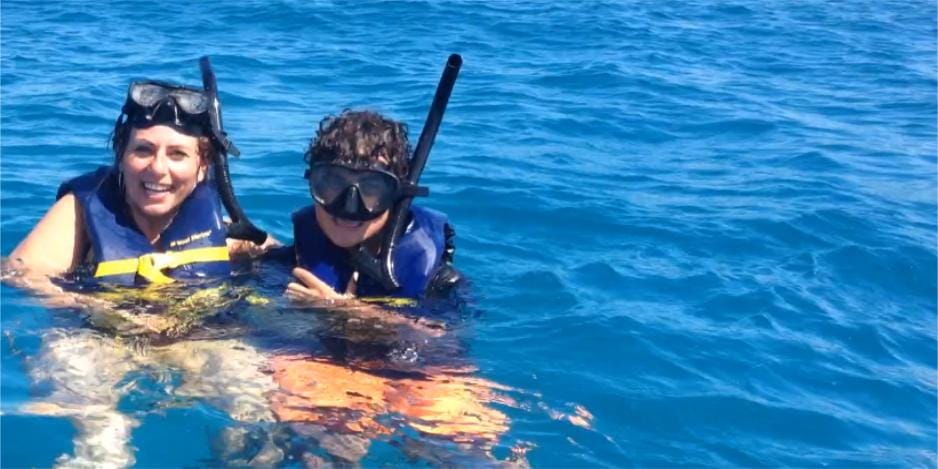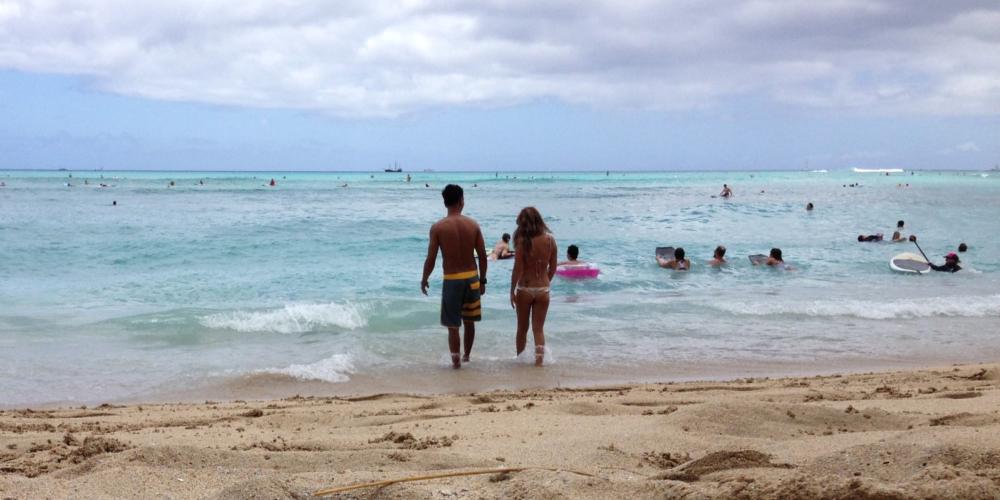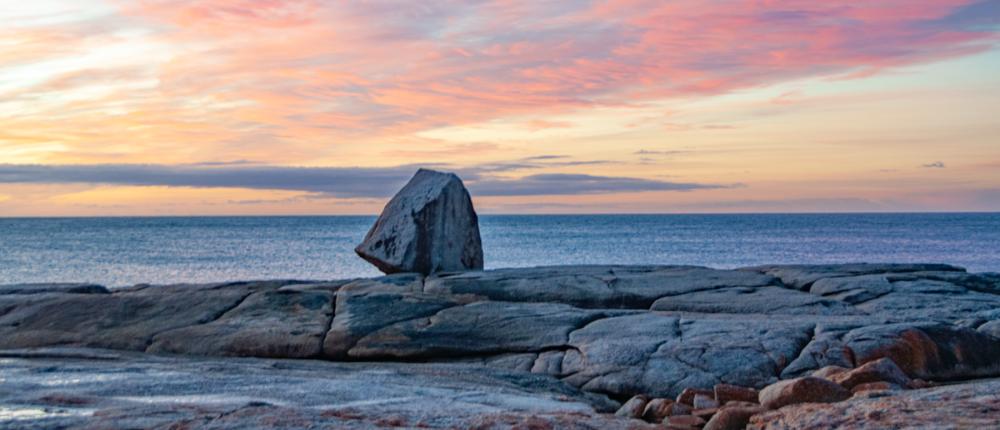El Salvador evokes extreme emotions and eruptions; both volcanic and political.
Five masked men and women board our bus, demand passports and speak excitedly in Spanish. Could they be the feared Mara gangs, akin to the Mafia, who recruit children and demand extortion payments from local businesses?
Yet, those toting old guns seem to simply saunter aimlessly around the border post between Honduras and El Salvador; countries with the highest murder rates in the world as of 2019. On board, health officials brandish only thermometers. Donned in surgical masks and greyish lab coats, they test all arrivals for potential signs of Covid-19. It’s February 5, 2020, long before such vigilance in Australia, the USA or UK. Is this because the indigenous population of the region was almost eradicated, in the sixteenth century, by a smallpox epidemic carried by foreigners?
We weren’t armoured Spanish conquistadors on mounted steads but a rather motley mix of tourists squashed in the non air-conditioned mini bus. It’s a wonder our sweaty bodies didn’t send the mercury soaring, even if digital thermometers have no mercury. A kindly Brit, excited about the birth of her second grandchild, was recovering from a cold and we quietly worried she’d test positive and we’d all be quarantined. No one confesses this concern until dinner.
‘Blimey, we might’ve been eating those bloody pupusas for breakfast, lunch and dinner for two weeks.’
The popular Central American cuisine of maize tortillas stuffed with meat, cheese or refried beans are quite tasty but Salvadorian eateries missed the memo that variety is the spice of life.
The acute threat of the pandemic was taken seriously in a country plagued for years by chronic political and economic instability. Coups and revolts against a series of authoritarian rulers bred inequality and civil unrest that culminated in the devastating Salvadoran Civil War (1979–1992) which still ails this impoverished nation.
There’s an attempted queue of disorderly bumper-to-bumper trucks; ironic that only the computer crashed at passport control. After a lengthy delay, bureaucrats resorted to photograph passports on their phones and issued our guide with a handwritten list of names, passport numbers and birthdays to re-enter if and when the computers re-booted. In turn, a woman in our group, bent on collecting official passport stamps, took her own photo of the guide’s record, posted our details on Facebook and wondered why we were upset about potential identity theft.
‘Too bad there isn’t a vaccine for bloody stupidity,’ muses a fellow traveller as he swigs another rum punch to become almost as senseless himself.
Tensions have always run high in this smallest and most densely populated country in Central America.
The indigenous indigo industry vanished into the blue, so to speak, with the advent of artificial dye. The little land available was re-planted with coffee to sate the more lucrative export market, which fell into the oligarchical hands of a few wealthy families.
Festering human rights abuse included murders of priests, massacres of civilians and disappearances of others by the US supported junta that left this nation on various forms of life support.
Much of that support comes from approximately two million Salvadorians who live and work in the United States. This makes them the sixth largest immigrant group, even after 60,000 were deported back during the 1981-89 Regan years. American dollars, also the official currency of El Salvador, are transmitted home to extended families. It’s a major source of foreign income to help offset the substantial trade deficit of $4.12 billion in this still poor country; evident in the plumbing of crumbling, though still colourful, buildings.
Texas is closer to El Salvador than to Washington and the US government was concerned– likely not unreasonably–at the proximity to communism, with local militants trained by Cuban forces.
Most were peace-loving farmers who lost their livelihood through government annexation, when dams flooded their land in the mid-seventies. Compensated only 11 cents per day, it was barely enough to eat. I’d have converted to a leftist guerrilla myself.
The current president of El Salvador formed a new party, neither left nor right. Since he took office in June 2019, murders have dropped from sixty per day to three per day in February 2020.
Nayib Bukele heralded a breath of fresh air in a country gasping for reform. Born in El Salvador, of Palestinian origins, his religion became a controversial election issue as the leader of a predominantly Catholic country. Images emerged of him praying at a mosque in Mexico City, and in deep reflection at the Western Wall in Jerusalem. He has since asserted that his family is Roman Catholic and although his father converted to Islam, the president considers himself a believer in God first, rather than religion.
El Salvador translates to ‘The Saviour’ and it seems there is still much saving to be done in a country of complex contradictions. Our hotel, hidden behind iron doors and barred windows, is billed as eco-friendly but boasted heat sensitive electronic toilet paper dispensers−which occasionally worked. Guests impacted by too many of those refried beans would have welcomed the old fashioned variety from the modern Walmart in San Miguel.
In this sleepy town of Suchitoto, the fully recovered British grandmother joins me in search of a school or orphanage to donate some soap and school supplies. Instead, we stumble upon a drop in community centre for the elderly poor.
Every month, about 100 seniors, mostly women who lost their husbands and sons during the civil war, gather in a courtyard decorated with bright balloons and streamers more reminiscent of a kindergarten. At the rear, volunteers prepared chicken rice in big black pots over open fires in a makeshift kitchen, while government officials lectured about hygiene and recycling from a makeshift stage at the front. Quite a lot seemed makeshift in El Salvador. Yet all attendees formed an orderly queue to receive food baskets that contained enough rice, beans and basics for a month.
There was an elected ‘mayor’ of the group; a portly woman of about sixty identified by a cardboard imitation princess-like tiara atop her thinning grey hair and a bright orange nylon sash slung across her shoulder, somewhat akin to a Miss World contestant.
We wished to discreetly leave a modest donation but one of the organisers, a recently divorced Salvadorian living in New York, insisted:
‘No, you cannot just geeve money to me. We are comeetted to wipe out corruption, which has been in thees nation so everyone must now see your money.’ as she dragged us on stage to make the announcement over the scratchy PA system.
The group applauded, much to our embarrassment. She then pressed the microphone in my hand and announced I would give a speech.
‘But I don’t speak Spanish.’
‘No problem seenora…I will translate.’
As a motivational speaker, this was not my normal gig but thanked them for welcoming us.
‘We understand you have had difficult times in the past but today I see strong women; survivors who look forward with hope in your hearts.’
As each sentence or phrase was translated, it elicited more applause and what sounded like shouts of ‘encore.’ The translator motioned to continue so clumsily shared a snippet of my own story, starting life in an orphanage and the losing both parents when I was 21.
‘Your life has been much harder. But life for others is not always easy like you see on TV.’
Some rushed to the stage, embracing me with kisses and toothless smiles. Choking back tears, it was impossible to forget that these mainly tiny strangers, who had lost most of their menfolk in the war, were once young. One surprised me in English:
‘In my heart, I am only 30 and my son ees still alive.’
Many were illiterate, lived in squalor but all wore clean colourful dresses, frilly aprons and a humbling pride. Apart from the obviously welcome food basket, most seemed content to simply spend the day in a clean, safe community environment; protected by each other and the sun under the shade of a tarpaulin. A painted mural on the facade of a nearby building, like these women, had seen better days.
For me, it’s hard to remember a better one. In the country, where I first errantly scoffed Covid-19 tests, I was embraced by infectious enthusiasm; the last hugs before lockdown and last time on stage to this date.
Rising early the next day, the soon to be blistering sun turned the pre-dawn sky to a mango morn; with baskets of the juicy fruit abundant at roadside stalls as another oven of a bus bounced us from the hills to the coast.
Inhaling fresh sea air, the hammock gently sways; only a band of roving minstrels to punctuate tranquillity. The tide recedes to a lone tree, seemingly afloat on the ocean’s horizon.
Flawlessly formed sand dollars, a type of starfish, dot the near empty beach. Although armed guards patrol the black sand perimeter surrounding straw thatched huts, it’s hard to picture the atrocities of the past or a more perfectly peaceful Pacific sunset. I take my malarial tablet and swat a mosquito.
Question
In a nation troubled itself and once entrenched in Communist ideals, one wonders what prompted El Salvador to be the only supporter of the Dalai Lama’s appeal to The United Nations to stop Communist China‘s invasion of Tibet?
Maybe, just maybe, the Salvadorian representative to the UN, from this tiny Central American republic, had read the spiritual leader’s words:
‘If you think you are too small to make a difference, try sleeping with a mosquito.’
Lesson Learned in El Salvador
Never judge a book by its cover. Never judge a country or a person by their past or their age.
As Harriet Beecher Stowe said:
‘So much has been said and sung of beautiful young girls. Why doesn’t somebody wake up to the beauty of old women?’
***
by Catherine DeVrye
Best-Selling Author, Adventurer, Australian Keynote Speaker of the Year, Australian Executive Woman of the Year. For more information about Catherine www.greatmotivation.com.

